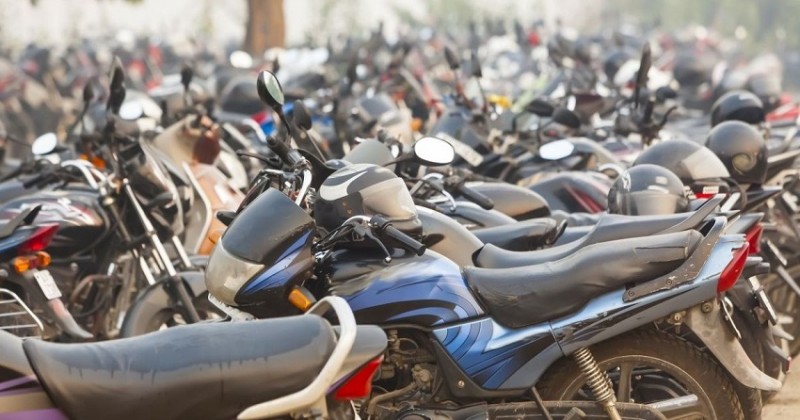
SIAM Proposes Three-Tier Tax Slabs Based on Fuel Types - The Society of Indian Automobile Manufacturers (SIAM) has urged the Indian government to reduce the Goods and Services Tax (GST) rates on two-wheelers. In a letter addressed to Hanif Qureshi, an additional secretary in the Ministry of Heavy Industries, SIAM proposed different tax rates for various types of two-wheelers to make them more affordable.
Proposed GST Reductions
SIAM has suggested the following changes to the current GST rates:
Internal Combustion Engine Two-Wheelers: Reduce the GST rate from 28% to 18%.
Zero-Carbon Emission Models (e.g., Hydrogen-Powered): Reduce the GST rate from 12% to 5%.
Low-Carbon Emission Technologies (e.g., Ethanol-Blended Petrol and CNG): Reduce the GST rate from 28% to 18% initially, and then further down to 12% once the base rate for two-wheelers is set at 18%.
SIAM has aloo requested the removal of the 3% cess currently imposed on high cubic capacity bikes.
Current GST Rates and Global Comparison
India currently imposes a GST rate of 28% on scooters and motorcycles powered by fossil fuels, with an added 3% cess on models above 350cc. This is the highest tax rate among all major two-wheeler markets worldwide. For comparison, Thailand levies a 7% tax, the lowest, while Mexico has a 16% tax, the second highest after India.
Impact on Technology and Adoption
In its letter, SIAM emphasized the high costs associated with developing new technologies like flex fuel and CNG. A reduction in GST would help mitigate these costs and encourage consumer adoption of such eco-friendly models. SIAM also highlighted the importance of motorized two-wheelers in enhancing human productivity and contributing to economic growth.
Market Potential and Challenges
Despite Indian manufacturers being highly competitive, vehicle penetration in India remains low, with only 197 two-wheelers per 1,000 people. This gap presents a significant opportunity for policy interventions to drive GDP growth. SIAM pointed out that regulatory requirements related to safety, insurance, emissions, and road tax have significantly increased two-wheeler prices, particularly affecting entry-level models that account for 70% of total sales.
Future Developments
Bajaj Auto is set to become the first company to launch a commercially available CNG-powered two-wheeler later this month, showcasing the potential for new technology in the market.
Read More:
Bajaj Launches Chetak 2901 Electric Scooter Under Rs 1 Lakh: Would You Buy It?
Bajaj Auto launches Chetak 2901 electric scooter, know the price and features
Bajaj's first CNG bike will be launched this month, may be named Bajaj Fighter